Rust vs. Zig: The New Programming Language Battle for Performance
Introduction: The Rise of a New Challenger For years, Rust has long been the go-to language for memory-safe, high-performance programming. It’s used in production for everything from browsers (Firefox) and operating systems to game engines and embedded systems. Developers enjoy its freedom from memory bugs, great concurrency model, and the fact that it has an actively developing ecosystem. However, there might be a new kid on the block when it comes to system programming languages. Zig is a looker - a lightweight, flexible, and simpler alternative that’s turning heads in low-level development. So, is Zig the real competitor to Rust? As someone who’s interested in programming languages, I went through this Rust vs Zig article to see what are the things each language do best, what are the differences and if indeed in 2025 people should start considering on learning Zig. Let's break it down! Why is Rust So Popular? Rust has had a meteoric rise in the last decade. Some of the biggest companies like—Microsoft, Google, Amazon—adopted Rust for its ability to erase a whole class of bugs: memory bugs that are pervasive in systems languages like C and C++. Memory Safety Without a Garbage Collector Fearless Concurrency (No race conditions!) Performance Comparable to C/C++ Rich Ecosystem & Tooling (Cargo, Clippy, Rust Analyzer) Where is Rust Used? Linux Kernel Development Game Engines (Used in parts of Bevy) WebAssembly (Wasm) (Super lightweight web applications) Blockchain & Cryptography (Ethereum, Solana, and Polkadot use Rust) Embedded Systems (Memory safety without runtime overhead) Rust is safe, fast and arguably perfect for large applications. Is it too complex for some developers? This is where Zig comes in. Zig: The Minimalist Challenger Unlike Rust, which has strict borrowing rules and a complex compiler, Zig focuses on simplicity, performance, and manual memory management. Why Are Developers Excited About Zig? No Garbage Collector, No Runtime Overhead Manual Memory Management (More Control than Rust!) Compile-Time Memory Safety (Without Rust’s Borrow Checker Complexity) Interop with C and C++ (Easier than Rust!) Cross-Compilation Made Easy Real-World Use Cases of Zig Game Development (Lightweight, manual memory control without Rust’s strict rules) Operating Systems (OS Dev) (Zig is being used in bootloaders & OS kernels) Embedded Systems & Bare Metal Programming (Efficient, predictable memory usage) Performance-Critical Applications (High-performance networking, rendering, etc.) Zig is faster to learn, offers more flexibility, and is ideal for developers who prefer a C-like approach without all the Rust-specific rules. Rust vs. Zig: Key Differences Feature Rust
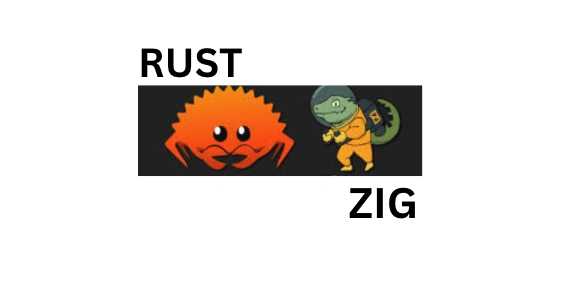
Introduction: The Rise of a New Challenger
For years, Rust has long been the go-to language for memory-safe, high-performance programming. It’s used in production for everything from browsers (Firefox) and operating systems to game engines and embedded systems. Developers enjoy its freedom from memory bugs, great concurrency model, and the fact that it has an actively developing ecosystem.
However, there might be a new kid on the block when it comes to system programming languages. Zig is a looker - a lightweight, flexible, and simpler alternative that’s turning heads in low-level development.
So, is Zig the real competitor to Rust?
As someone who’s interested in programming languages, I went through this Rust vs Zig article to see what are the things each language do best, what are the differences and if indeed in 2025 people should start considering on learning Zig.
Let's break it down!
Why is Rust So Popular?
Rust has had a meteoric rise in the last decade. Some of the biggest companies like—Microsoft, Google, Amazon—adopted Rust for its ability to erase a whole class of bugs: memory bugs that are pervasive in systems languages like C and C++.
- Memory Safety Without a Garbage Collector
- Fearless Concurrency (No race conditions!)
- Performance Comparable to C/C++
- Rich Ecosystem & Tooling (Cargo, Clippy, Rust Analyzer)
Where is Rust Used?
- Linux Kernel Development
- Game Engines (Used in parts of Bevy)
- WebAssembly (Wasm) (Super lightweight web applications)
- Blockchain & Cryptography (Ethereum, Solana, and Polkadot use Rust)
- Embedded Systems (Memory safety without runtime overhead)
Rust is safe, fast and arguably perfect for large applications. Is it too complex for some developers? This is where Zig comes in.
Zig: The Minimalist Challenger
Unlike Rust, which has strict borrowing rules and a complex compiler, Zig focuses on simplicity, performance, and manual memory management.
Why Are Developers Excited About Zig?
- No Garbage Collector, No Runtime Overhead
- Manual Memory Management (More Control than Rust!)
- Compile-Time Memory Safety (Without Rust’s Borrow Checker Complexity)
- Interop with C and C++ (Easier than Rust!)
- Cross-Compilation Made Easy
Real-World Use Cases of Zig
- Game Development (Lightweight, manual memory control without Rust’s strict rules)
- Operating Systems (OS Dev) (Zig is being used in bootloaders & OS kernels)
- Embedded Systems & Bare Metal Programming (Efficient, predictable memory usage)
- Performance-Critical Applications (High-performance networking, rendering, etc.)
Zig is faster to learn, offers more flexibility, and is ideal for developers who prefer a C-like approach without all the Rust-specific rules.













































































































































































![[The AI Show Episode 142]: ChatGPT’s New Image Generator, Studio Ghibli Craze and Backlash, Gemini 2.5, OpenAI Academy, 4o Updates, Vibe Marketing & xAI Acquires X](https://www.marketingaiinstitute.com/hubfs/ep%20142%20cover.png)













































































































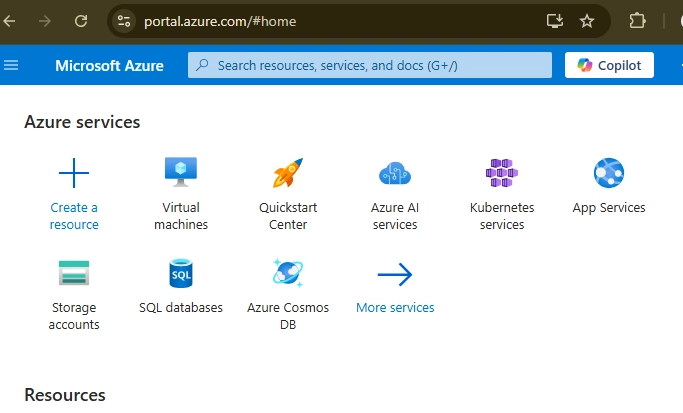












![[FREE EBOOKS] The Kubernetes Bible, The Ultimate Linux Shell Scripting Guide & Four More Best Selling Titles](https://www.javacodegeeks.com/wp-content/uploads/2012/12/jcg-logo.jpg)



![From drop-out to software architect with Jason Lengstorf [Podcast #167]](https://cdn.hashnode.com/res/hashnode/image/upload/v1743796461357/f3d19cd7-e6f5-4d7c-8bfc-eb974bc8da68.png?#)






































































































.png?#)





.jpg?#)































_Christophe_Coat_Alamy.jpg?#)







































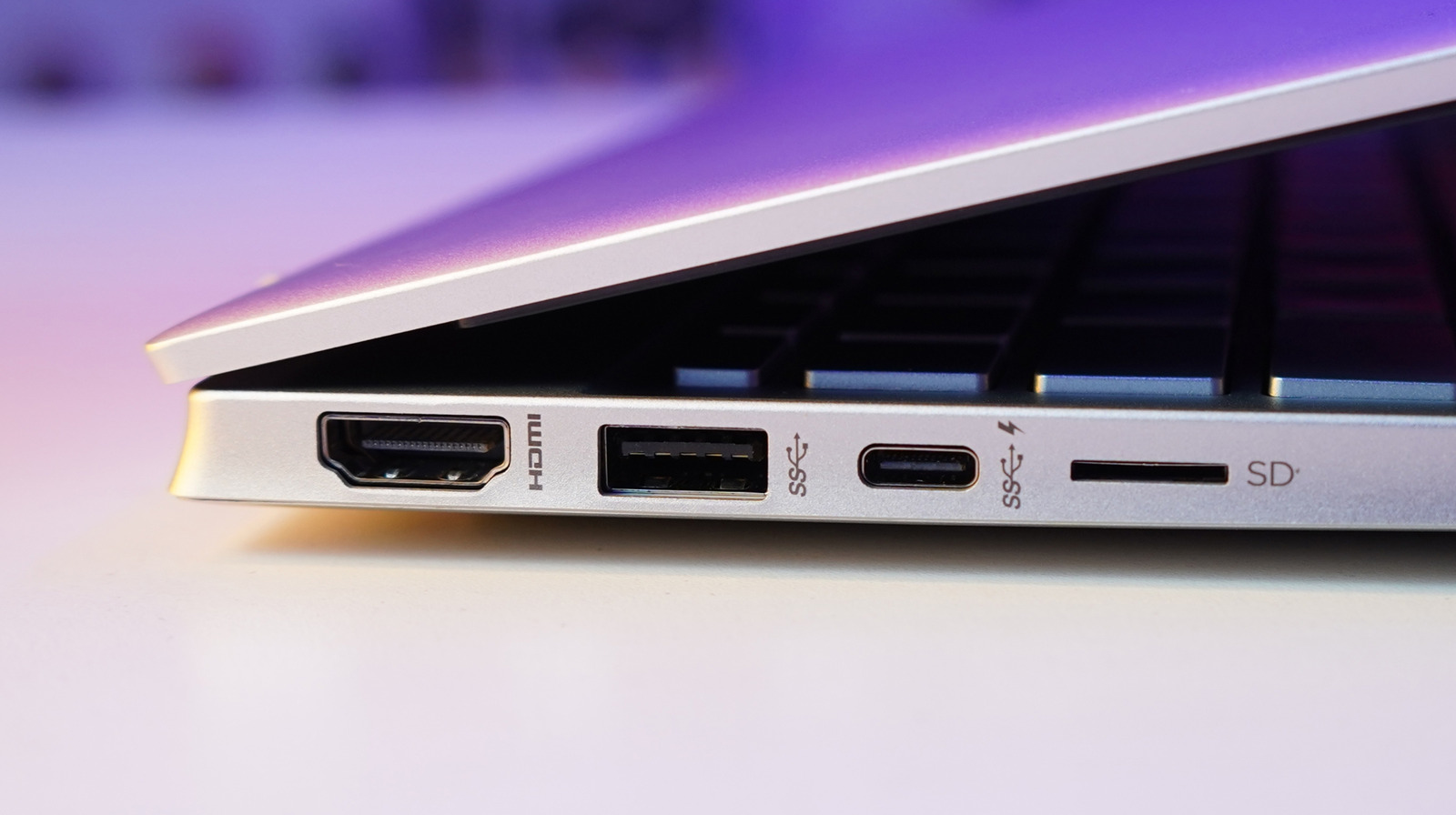












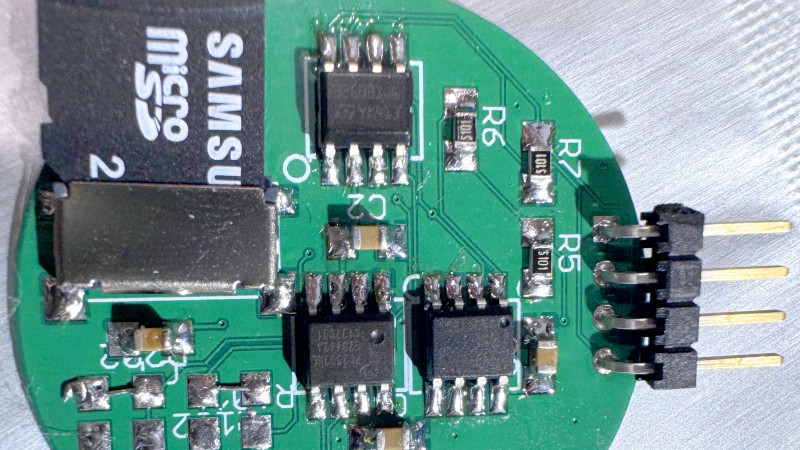































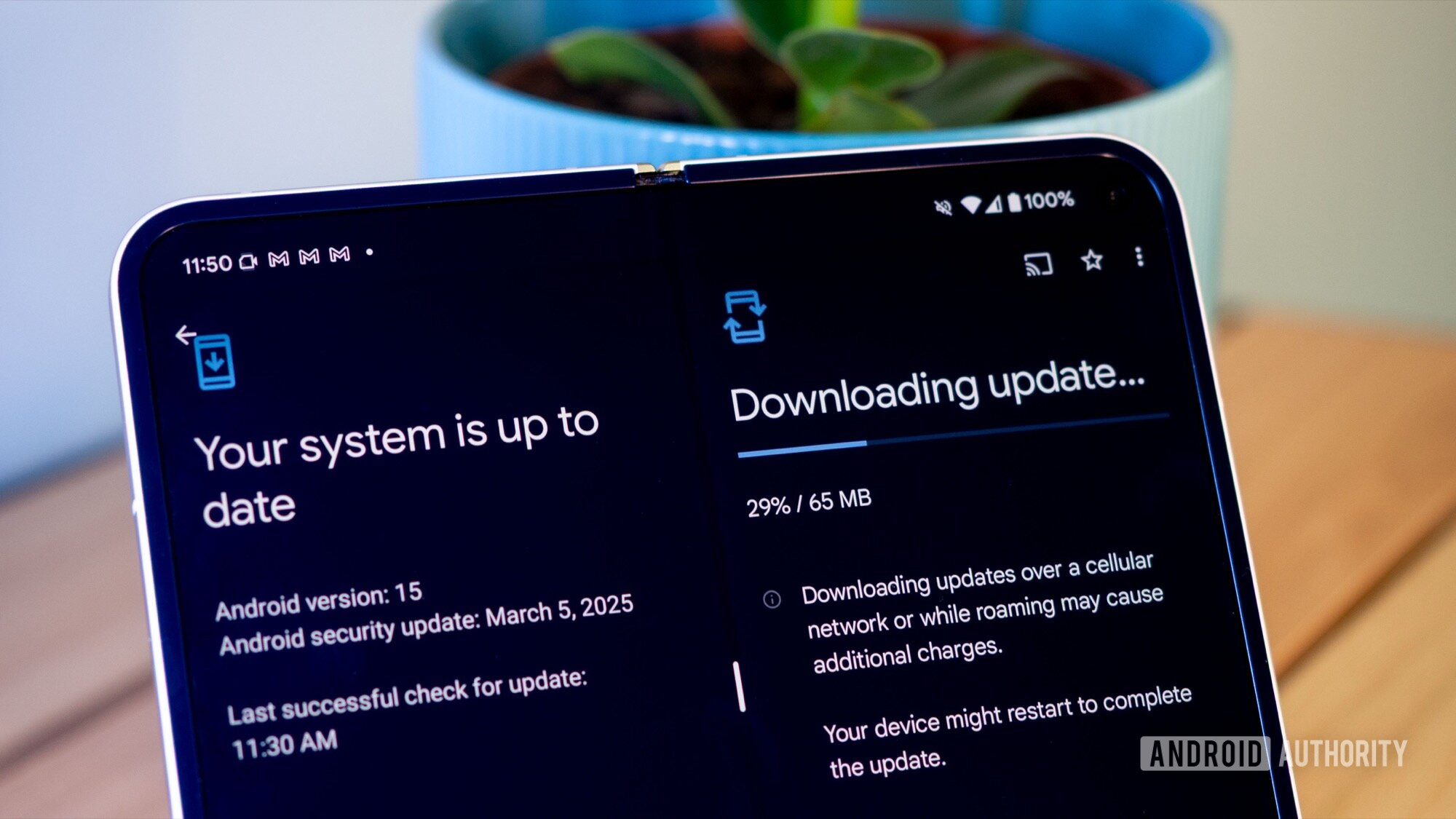



















![Rapidus in Talks With Apple as It Accelerates Toward 2nm Chip Production [Report]](https://www.iclarified.com/images/news/96937/96937/96937-640.jpg)







































































































































